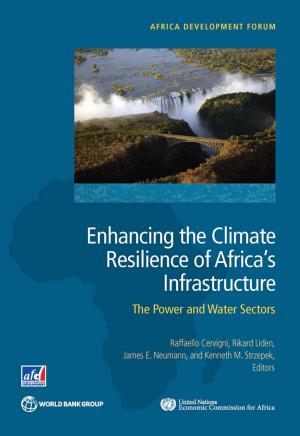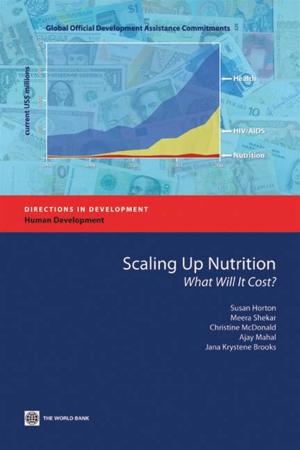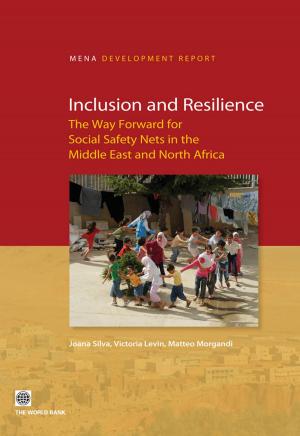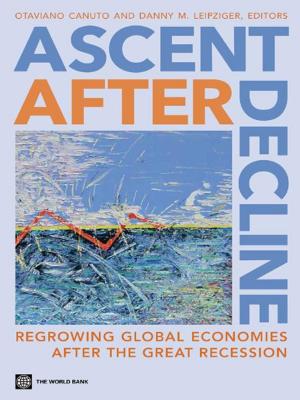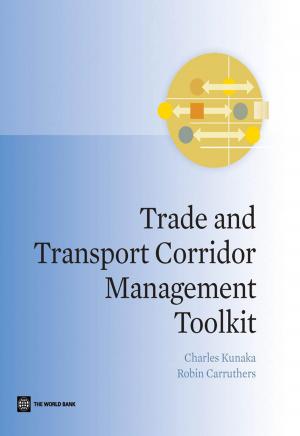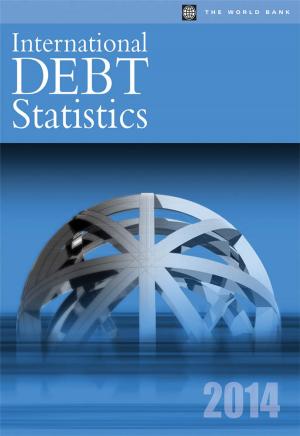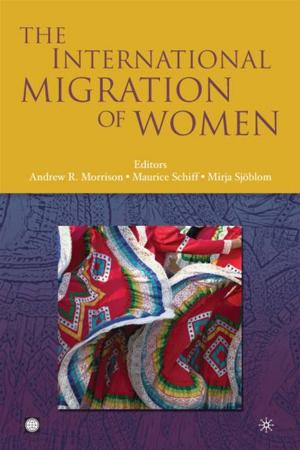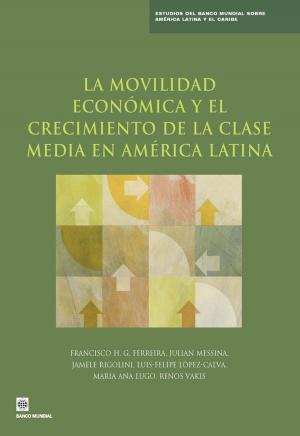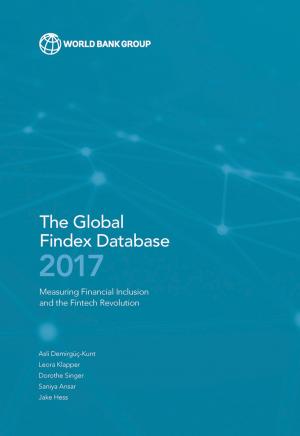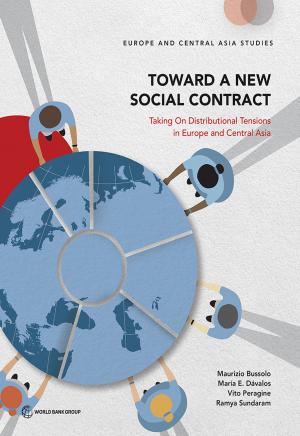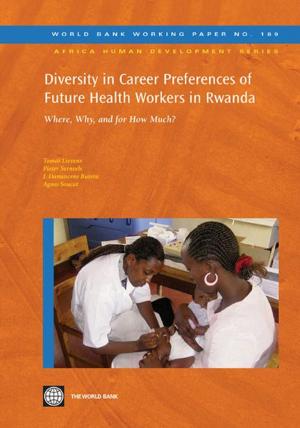Strengthening Bolivian Competitiveness: Export Diversification And Inclusive Growth
Business & Finance, Economics, Exports & Imports| Author: | Yaye Sakho; Gonzalez Oscar Calvo | ISBN: | 9780821380215 |
| Publisher: | World Bank | Publication: | July 20, 2009 |
| Imprint: | Language: | English |
| Author: | Yaye Sakho; Gonzalez Oscar Calvo |
| ISBN: | 9780821380215 |
| Publisher: | World Bank |
| Publication: | July 20, 2009 |
| Imprint: | |
| Language: | English |
The government of Bolivia seeks to reinvigorate the nontraditional export sector as part of its national development strategy. This Country Study investigates the role that trade should play in Bolivia's development strategy, given the country's rich resource endowment, and examines the lessons of Bolivia's integration into the global economy. Considering the past links between trade and Bolivia's economy, the study analyzes the impact of different scenarios on growth, employment, trade flows, and poverty; it also evaluates barriers to higher export competitiveness and constraints on exporting firms. The study concludes that preferential access to world markets is necessary but not sufficient for success in nontraditional exports. Efficient services are necessary to reduce exporters' costs, and the government should be more proactive in laying the foundation for export diversification, increasing the effectiveness of institutions, and addressing impediments to crossborder trade.
The government of Bolivia seeks to reinvigorate the nontraditional export sector as part of its national development strategy. This Country Study investigates the role that trade should play in Bolivia's development strategy, given the country's rich resource endowment, and examines the lessons of Bolivia's integration into the global economy. Considering the past links between trade and Bolivia's economy, the study analyzes the impact of different scenarios on growth, employment, trade flows, and poverty; it also evaluates barriers to higher export competitiveness and constraints on exporting firms. The study concludes that preferential access to world markets is necessary but not sufficient for success in nontraditional exports. Efficient services are necessary to reduce exporters' costs, and the government should be more proactive in laying the foundation for export diversification, increasing the effectiveness of institutions, and addressing impediments to crossborder trade.


